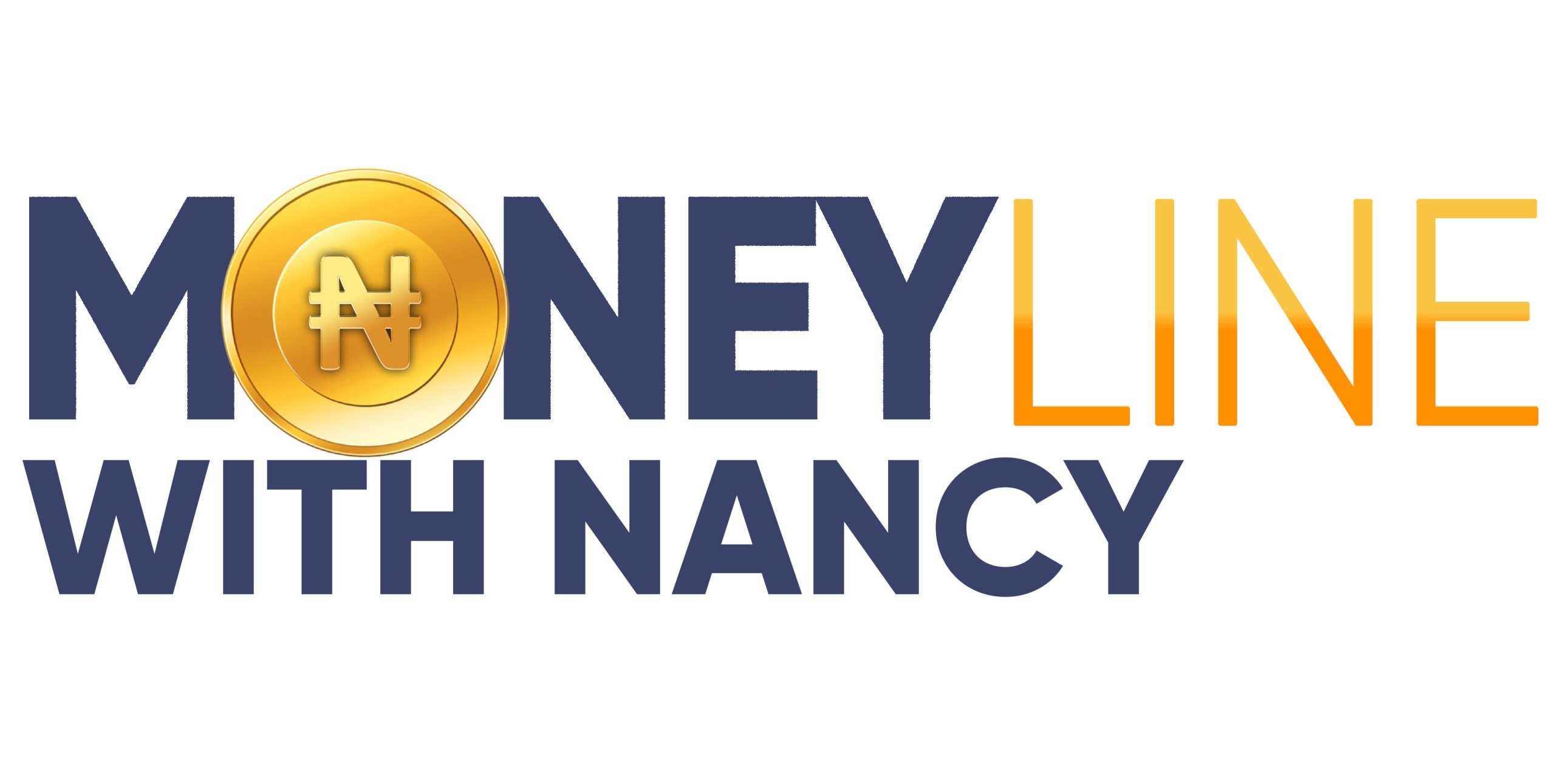Fuel Prices Likely to Drop as FG Revives Naira-for-Crude Policy
 Nigerians may soon witness a significant reduction in fuel prices following
Nigerians may soon witness a significant reduction in fuel prices following
the Federal Government’s decision to reinstate and fully implement the suspended naira-for-crude oil agreement with local refiners.
Oil marketers and industry stakeholders expressed optimism that the policy’s resumption, alongside expectations of a price slash from Dangote Refinery, could ease pressure on the pump price of Premium Motor Spirit (petrol). The National Publicity Secretary of the Independent Petroleum Marketers Association of Nigeria (IPMAN), Chinedu Ukadike, confirmed that a price cut is expected soon, though the exact amount remains uncertain.
The Federal Executive Council (FEC), in a meeting held earlier this week, directed the full reinstatement of the naira-based crude oil sales initiative, originally launched in October 2024. The policy aims to reduce Nigeria’s dependence on foreign exchange, improve energy security, and promote local refining by allowing refineries to purchase crude oil using the naira instead of the U.S. dollar.
The initiative had initially been halted in March 2025, when Dangote Refinery paused naira-based product sales, citing a mismatch between naira income and dollar-denominated crude purchase obligations. The move led to an immediate hike in fuel loading costs, pushing pump prices from about ₦860 to nearly ₦960 per litre.
However, in a renewed commitment, the Ministry of Finance stated that the policy is no longer a temporary intervention but a key strategic directive. It’s designed to encourage investment in domestic refining infrastructure, stabilize the naira, and make fuel more affordable for Nigerians.
Following a meeting between government officials and key industry players — including Dangote Refinery, NNPC, the Central Bank of Nigeria, and various regulatory bodies — the technical sub-committee reiterated the policy’s continuation and promised to address any implementation challenges.
Welcoming the development, the National Publicity Secretary of the Crude Oil Refinery-owners Association of Nigeria (CORAN), Eche Idoko, urged the government to ensure broader inclusion of local refineries in the policy. He noted that during the pilot phase, crude allocations were largely limited to Dangote Refinery, leaving out smaller players who could also contribute significantly to national refining capacity.
Idoko emphasized that full implementation of the policy across all refining facilities, including Edo, Azikel, Walter Smith, and Niger Delta refineries, would maximize its benefits, especially at a time when global economic uncertainty persists.
The Petroleum Products Retail Outlet Owners Association of Nigeria (PETROAN) also hailed the FEC’s directive, describing the initiative as a vital tool for economic independence. PETROAN President Billy Gillis-Harry called for swift, inclusive execution to ensure that all licensed refineries can access crude oil in naira, thus stabilizing pump prices nationwide.
Echoing this sentiment, Vice President of IPMAN, Hammed Fashola, noted that the previous suspension of the policy had kept prices high despite a global drop in crude oil prices. He expressed confidence that fuel prices would now begin to fall.
“This is what we’ve been telling the government — that sustaining this policy will stabilize fuel prices. With its return, we expect a reversal in price trends,” Fashola said.
As the Dangote Refinery prepares to announce new, lower loading prices by the end of the week, industry experts are hopeful that this move, coupled with naira-based crude sales, will provide much-needed relief to Nigerian consumers and reduce pressure on the foreign exchange market.
Meanwhile, stakeholders urged President Tinubu’s administration to ensure the policy is effectively implemented and accompanied by efforts to address economic hardship and food insecurity in the country.
